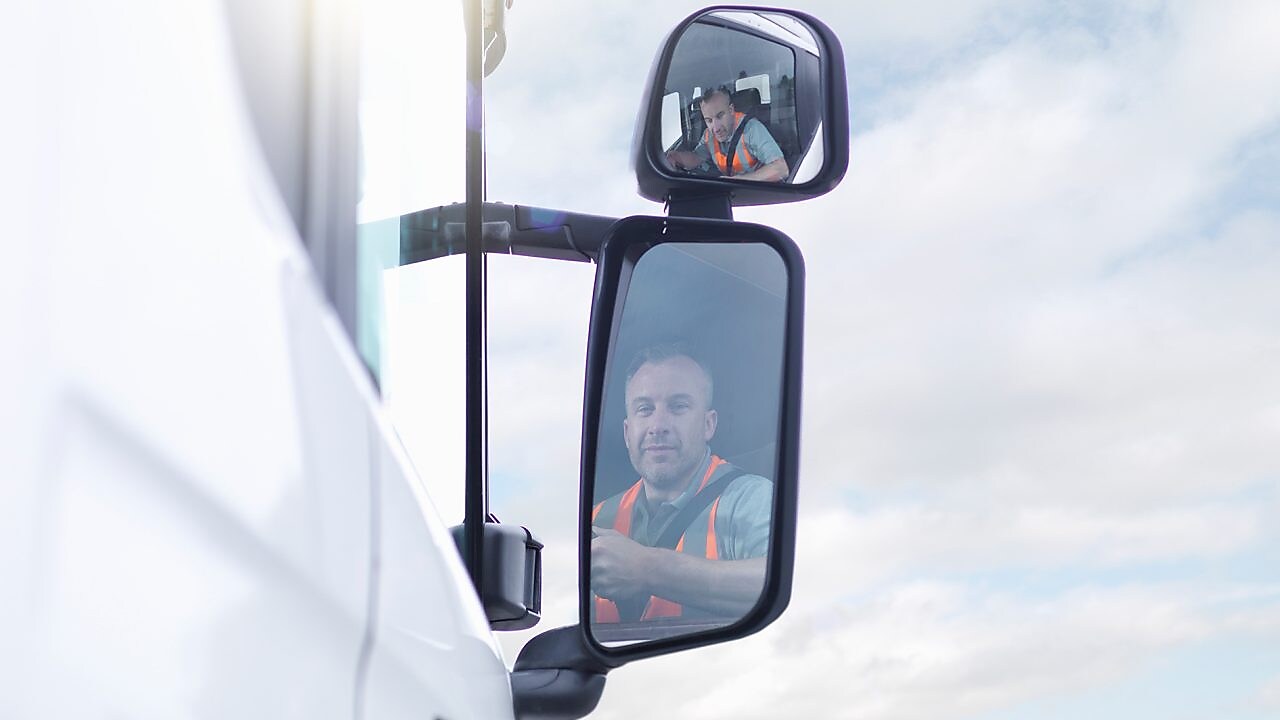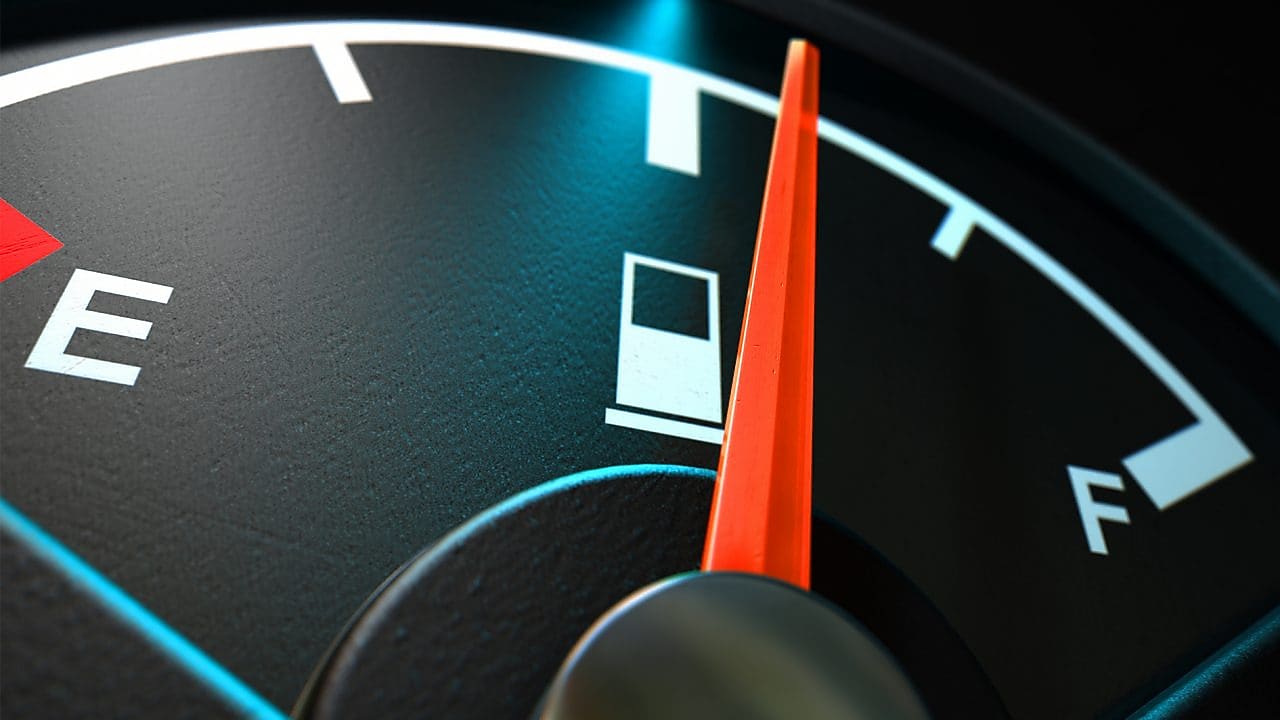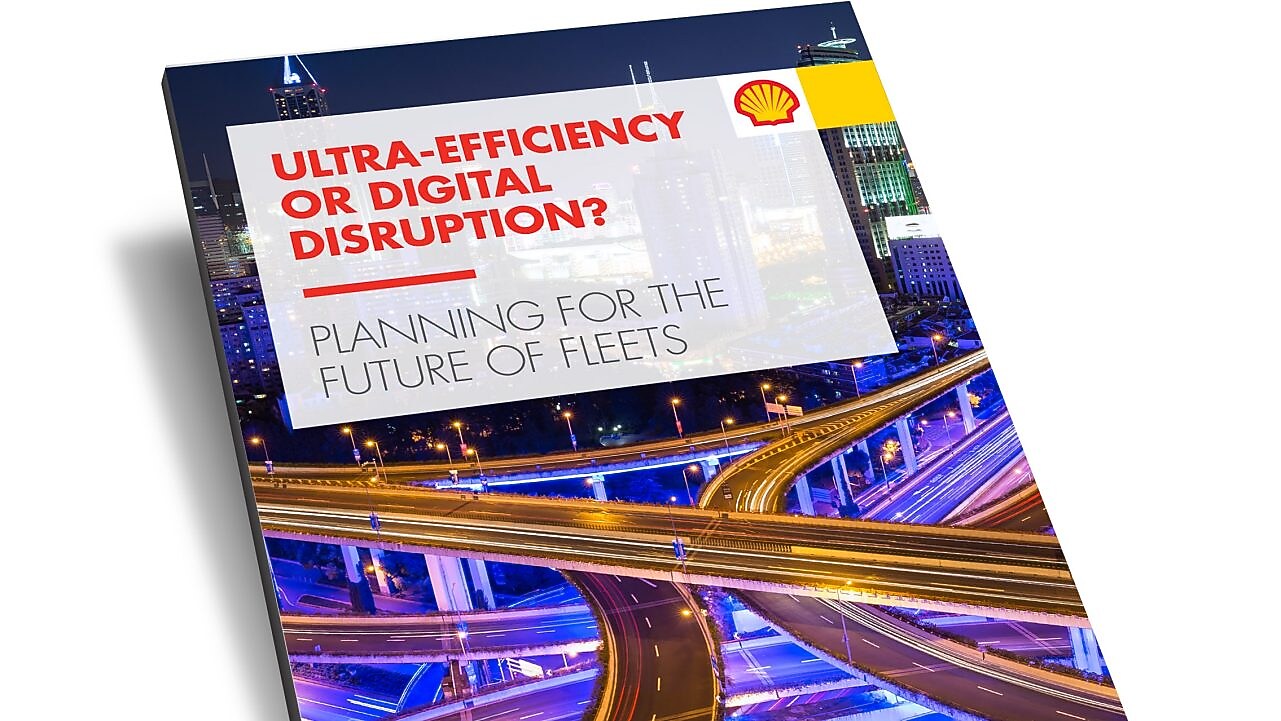
How in-cab technology can help you and your drivers
The increase in in-cab technological features can benefit all drivers, and fleet drivers in particular are increasingly finding these features can make their lives easier. With a dizzying array of tech available to fleets, we focus on the three most useful areas that can save drivers and managers time and money.

By Craig Thomas on Jun 11, 2019
Connectivity
The most obvious technology in many modern cars and vans is the connectivity. Most current manufacturer systems are now operated via a touchscreen in the centre console and include satellite navigation and handsfree mobile phone functions.
Better still, they’re usually now connected using either a synced smartphone or a SIM card embedded in the vehicle and information is relayed to and from the car to a cloud computing resource.
These connected systems can shorten journey times and save fuel using the sat nav functions, while the handsfree phone connection enables fleet drivers to stay in contact with the office or customers and clients.
Darren Howells, head of account management at NOCN (previously the National Open College Network), is a high-mileage fleet driver (over 40,00 miles a year) and also has responsibility for managing the small fleet of six vehicles.
Darren Howells, head of account management at NOCN“I currently use traffic alerts: any assistance is gratefully received, with any changes to my planned route always proving very useful. I have to reroute at least a couple of times a week on average – I’ve had to do it twice today. So any feature on a sat nav system that can reroute me and save me time and money in saved fuel is very welcome.”
Dashboard cameras
Forward-facing cameras record continuous footage of the road ahead of the vehicle, storing the footage on an SD card (like one you’d find in a digital camera). If the built-in motion detector in the camera senses the vehicle coming to a sudden stop, it will record the incident on the SD card.
Dash cams also have GPS tracking, so the speed and position of the vehicle is recorded.
With a huge rise in insurance fraud in recent years, dash cams have become invaluable – especially to fleets as criminal gangs often target liveried vehicles, because companies tend to settle claims.
Having a record of any collision means the fleet driver can fall back on it to prove it wasn’t their fault – especially in the all-too-common crash-for cash scams.
The fleet manager can use the recording as evidence they can pass on to their insurance company, helping to combat fraudulent claims.
Mick Norcia of dealership Research Garage in Nuneaton told Fleet World that dash cams have had a huge effect on their insurance claims.
“We would have around 40 bogus claims a year, which ranged from faked rear-end shunts to pedestrians claiming they’d been hit by courtesy cars. In almost all cases we would have to claim on our insurance, as we were not able to defend against the allegations.
“Since we installed the cameras in all our fleet vehicles we have reduced bogus claims to zero. We still have had just the same number of claims against us this year, but every single time we have had evidence to prove we were not at fault.”

Telematics
Telematics units provide data to fleet managers that track vehicles and record how a vehicle is driven. This can lead to improvements in fuel consumption, driver behaviour and safety, and lead to reductions in fleet running costs, in the form of lower insurance premiums and service, maintenance and repair (SMR) bills.
Graham Telfer, fleet manager at Gateshead Council told Fleet News: “I was always very sceptical about telematics in the beginning. I was afraid of the mountains of data and staff getting data overload. All our vans are fitted with Lightfoot which uses a red-amber-green system. You get red, you get a warning – it’s involving the driver all the time. Telematics has been an absolute plus.”
The immediate, real-time feedback that such traffic-light-like systems offer also means that fleet drivers are also coming to appreciate the value of telematics systems. Knowing that they are braking or accelerating too harshly can help them become smoother, better drivers, which also brings benefits when they’re not driving for work.
The data gathered by telematics systems in individual vehicles can also be analysed by fleet managers in customisable portals offered by many providers, enabling them to effect reductions in fuel use and emissions through driver behaviour management.
In-cab technology can benefit both drivers and fleet managers – and the overall success of the business. Features such as telematics, dash cams and connectivity can save time, and money and can offer peace of mind to those behind the wheel and the desk.


